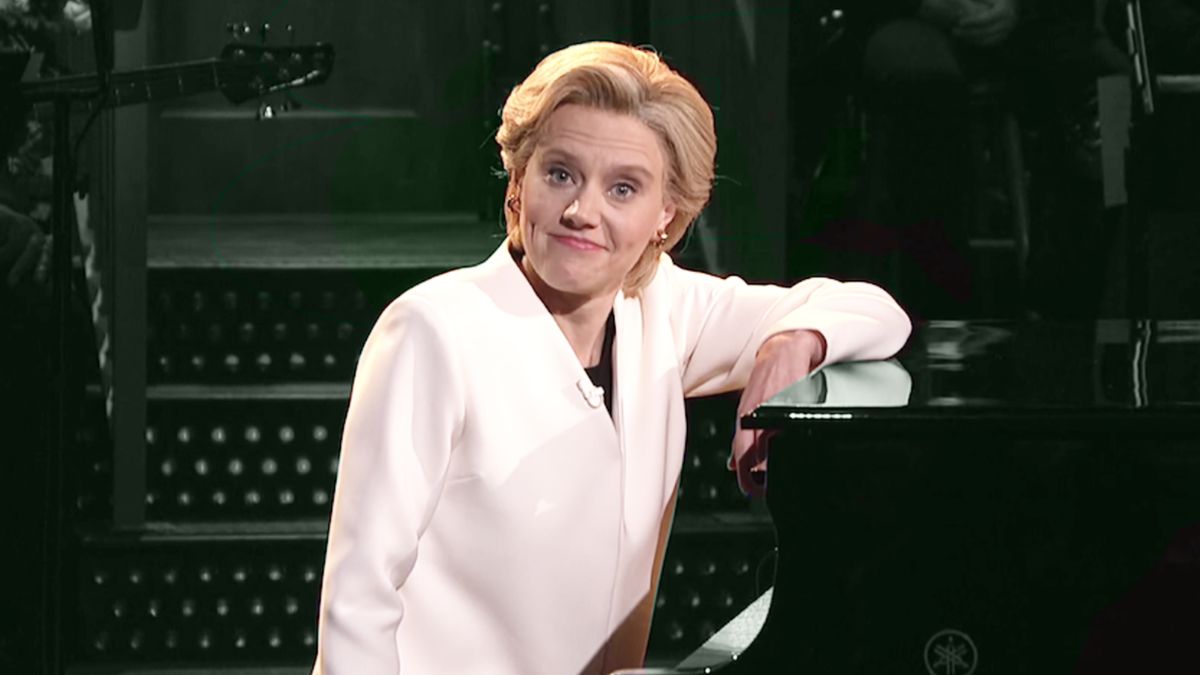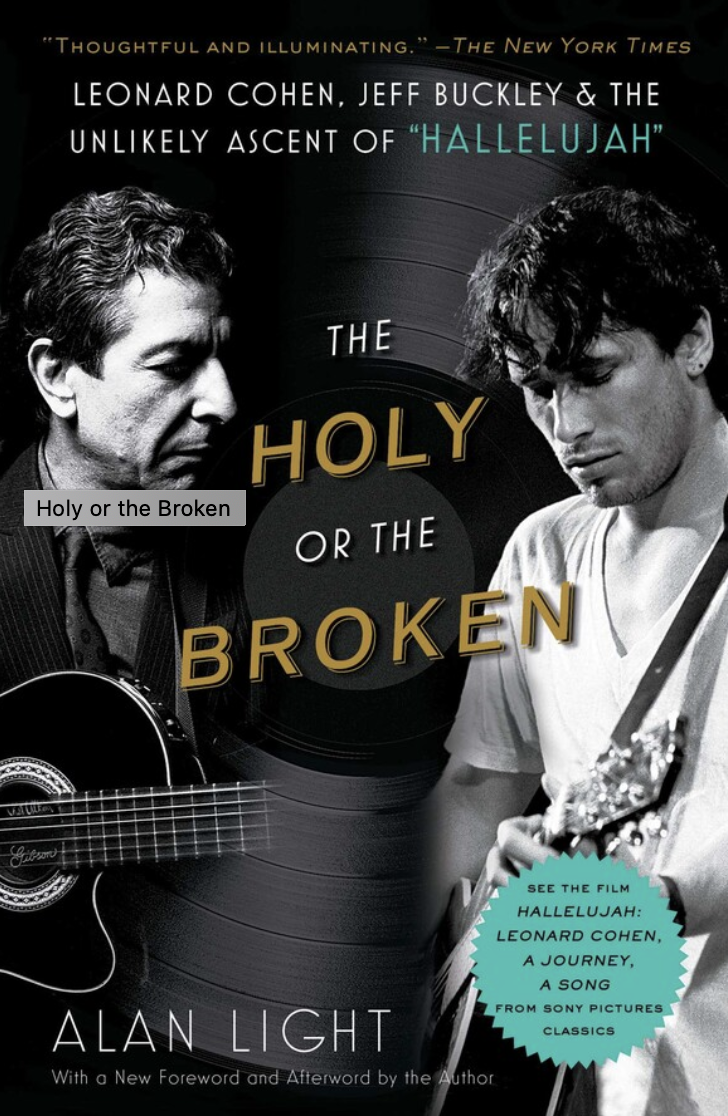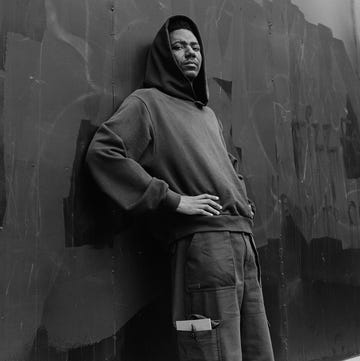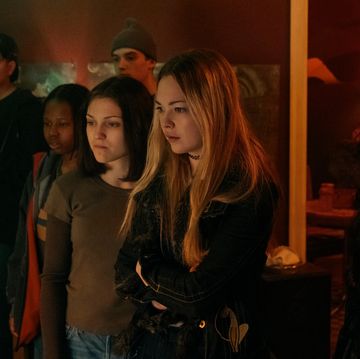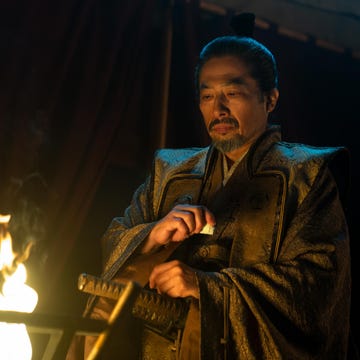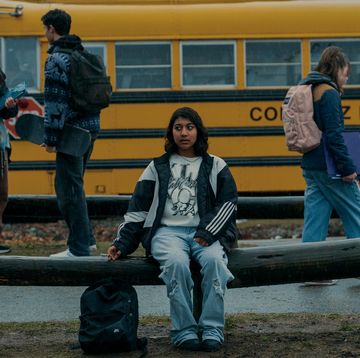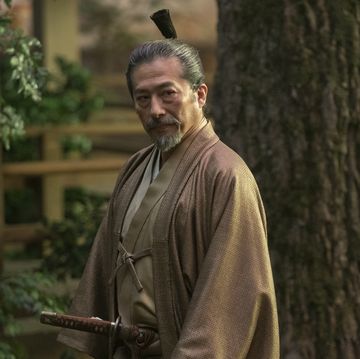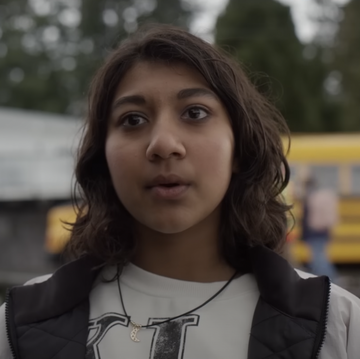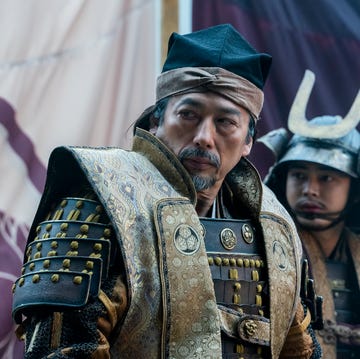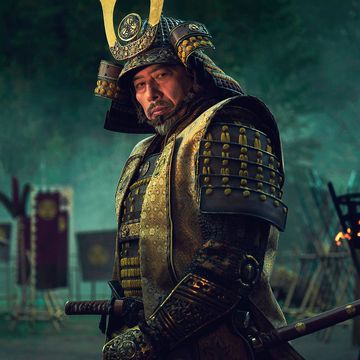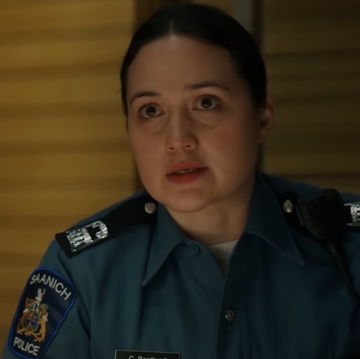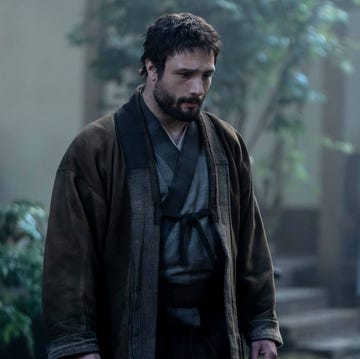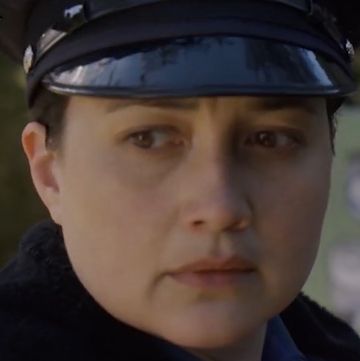Tuesday night is writing night at Saturday Night Live. So on Tuesday, November 8, 2016, the staff started the evening working on some sketches based on the assumption that Hillary Clinton would win that day’s presidential election. As the long night wore on, though, it became more and more apparent that they would need to recalibrate for that week’s show.
Once the writers knew that Donald Trump had triumphed in the electoral college and would become the forty-fifth president of the United States, they were scrambling for how to handle the emotion of the country, of their viewers, of their cast. They delayed dealing with the famous SNL “cold open,” which would set the tone for the episode. “There was no way to know what the country will be feeling like on Saturday, let alone Thursday or Friday,” said writer Chris Kelly.
Dave Chappelle hosted the show that week, and he took some of the writers aside and told them, “If it feels real, if it feels like something true you want to put out there at this moment, it doesn’t matter if it’s funny. Just trust what you want to put out there.” They started kicking around the idea of having some of the women in the cast address the audience, speak to some of the pain and questions raised by the week and the election results, and maybe also having Kate McKinnon, in her ongoing role portraying Clinton, sing a song.
Then on Thursday, November 10, it was revealed that singer-songwriter Leonard Cohen had died in his sleep three days earlier at the age of eighty-two. The SNL writers had already been toying with the idea of having McKinnon perform “Hallelujah,” Cohen’s most celebrated composition, but they were concerned that it might feel too somber. SNL creator and executive producer Lorne Michaels—like Cohen, a Canadian by birth—suggested that they should follow their instincts and consider using the song.
Writers Kelly, Kent Sublette, and Sarah Schneider frantically started listening to as many covers of “Hallelujah” as they could find and researching the different lyrics and multiple configurations of verses that had been utilized since the song’s initial release on Cohen’s Various Positions album in 1984. The SNL staffers described stumbling across a verse that’s not usually included in interpretations of the song—Jeff Buckley didn’t use it in his 1994 version, which ultimately introduced “Hallelujah” to much of the world—and hearing it for the first time:
I did my best; it wasn’t much.
I couldn’t feel, so I learned to touch.
I told the truth, I didn’t come to fool you And even though it all went wrong,
I’ll stand before the Lord of song
With nothing on my lips but Hallelujah!
“It really felt like the perfect distillation of what we wanted to say,” Schneider told Dayna Goldfine and Dan Geller, the directors of the upcoming documentary Hallelujah: Leonard Cohen, a Journey, a Song (in theaters July 1 and inspired by this book of mine). They sent the verse to McKinnon—who, though she described “Hallelujah” as “the most beautiful song ever written, one of my top three songs of all time my whole life,” also wasn’t familiar with these lines, and actually asked if Schneider had written them for the Hillary character. Still, they worried that at this moment of such raw emotion for the country, the song would feel “too sad, too defeated.”
At one o’clock in the morning on Saturday—now officially show day, less than twenty-four hours before Saturday Night Live would go live—the three writers and McKinnon went down to the set and let “Hillary” sit at the piano and run through the song. And they knew immediately that, though the show had almost never opened with a song in its forty-plus-year history, this was the right way to go.
“I’d always understood ‘Hallelujah’ in the context of a romantic relationship, as had most of us,” said McKinnon. “And then this verse—in this moment when it was so emotional for everyone in the country, when no matter what side you were on, it was a moment of surprise and high-octane emotion—I suddenly understood it in a new light. It’s about love, and how love is a slog but it’s worth it.”
She started to cry before she continued. “I suddenly understood it as, like, the love of this idea that is America. That all people are created equal, and that’s the most beautiful idea in the world, but the execution has been long and tough and we’re still just trying to get it right. But that it’s worth it, and that it will always be worth it.”
The nuanced layers of “Hallelujah,” the sense of both sorrow and triumph, of spiritual yearning and real-life struggle, all came flowing out as McKinnon delivered the song in the middle of the night on an empty set in 30 Rock. “I think the great thing,” said Sublette, “was that it acknowledged that we’re not where we want to be right now, but the world’s not going anywhere, and we have to move on.”
“That was the tone that we wanted to set,” added Kelly. “We didn’t want to just come out and be like, ‘Wow, this sucks. This is so sad. Everything is terrible.’ We wanted it to acknowledge the sadness in the air for a lot of people, but have it be hopeful. And the song kind of takes you on that journey. It feels like it’s about grief or sadness, but it also feels joyous. And at the end, singing [the word] ‘hallelujah’ eight times, it feels like you go on the journey of grieving this loss, and saying, ‘But it’s okay.’ The song didn’t end in a way where it felt like a bummer; there was no sad finality to it.”
When 11:30 p.m. in New York City on Saturday, November 12, approached, the three writers gathered on the floor of NBC’s Studio 8H to watch the cold open—something they didn’t often do. “Once you’re at the show for a while,” said Kelly, “you’re so busy and you’re running around all the time, so it’s very rare to go stand on the floor and watch a sketch that you write live. Usually you’re running to the next thing, or you’re checking cards from your sketch, or you’ve just seen it a thousand times so you’ll watch it on the monitor. But that was one where we were like, ‘Let’s go down and observe this moment.’ ”
Dressed in her signature Hillary Clinton wig and white pantsuit, McKinnon (who said she was mostly concentrating on not messing up the piano accompaniment) flawlessly delivered a three-verse edit of “Hallelujah.” At the end, she faced the camera, tears glimmering in her eyes, and she winked, and said, “I’m not giving up, and neither should you.”
“That was all Kate,” said Schneider. “She wanted to say that, and felt strongly that we needed a message of ‘What’s next?’ She definitely could have sung that song and cried and been upset, but there was such a hope and a determination and a feeling of tribute and strength in the performance; it felt like moving forward.”
It was a stunning moment. In three minutes, the performance captured the shock and horror so much of the nation (and, presumably, most of the Saturday Night Live viewer- ship) was feeling, without wallowing in self-pity. It also allowed McKinnon and the writers to honor their relationship with a woman they had been representing in the show for many months. “It was very personal to us who had written Hillary for over a year and had been on this journey with Kate where she had really become this person,” said Schneider. And it simultaneously paid tribute to the revered songwriter whose death, in light of a country in crisis, seemed all too real that week.
The episode earned the show its highest ratings in almost four years. NBC posted a clip of the “Hallelujah” performance to social media before the show had even finished, and Twitter reaction was predictably ecstatic; Lena Dunham tweeted that it was “the most beautiful thing to ever happen ever.”
“In my tenure at the show,” said McKinnon, “I got the most response about this one thing.”
Writing in the Hollywood Reporter, Daniel Fienberg noted that “McKinnon wasn’t really ‘doing’ her Hillary impression, but she was filtering Cohen’s haunting song through an image of Clinton.” No doubt pleasing the SNL writing team, he singled out the “I did my best, it wasn’t much” verse.
“McKinnon’s voice was cracking slightly as she sang, but I don’t even know how she did that well,” he wrote, adding that he watched the “Hallelujah” performance three times before proceeding with the rest of the episode. “If SNL had been rewriting the song to speculate on Clinton’s most per- sonal, internal reaction to her election defeat, you’d have thought that verse was too on-the-nose, but coming directly from Cohen and through McKinnon, it was almost too perfect.”
In a 2017 appearance on The Tonight Show, Hillary Clinton herself admitted that she teared up watching McKinnon’s performance. “I wish I had her talent. She’s just an amazing person,” said the former secretary of state. “And she sat there playing ‘Hallelujah’—that was hard, that was really hard.”
Chris Kelly looked back on the decision to rely on “Hallelujah,” by itself, for the post-election cold open with a slight sense of wonder. “There were so many people watching and we had so many things we wanted to say, and you felt like you had to say everything,” he said. “And if you said one thing wrong, it could be misinterpreted. There was so much pressure, and maybe we put that on ourselves, but what do you do after this insane week?
“And then when we watched it live, in retrospect it was sort of sweet how we tried to make it more than just the song. Because it shouldn’t have ever been more than that.”
From the book: The Holy or the Broken: Leonard Cohen, Jeff Buckley, and the Unlikely Ascent of "Hallelujah" by Alan Light. Copyright © 2012 by Alan Light, Published by Atria, an imprint of Simon & Schuster. New Atria Paperback edition © 2022.
Alan Light's The Holy or the Broken book, which chronicles the curious spread of what became Cohen's most influential song, first published back in 2012. A testament to the musical work—now one of the most performed pieces of rock n' roll in history—it has only continued to weave its way through American pop culture in the time since. And on June 7, a new, updated version of Light's story will publish. Featuring newly-minted historical moments, like the Saturday Night Live rendition chronicled above as well as Cohen's 2016 death, it brings readers into realtime.
Also this summer, on July 1, a new documentary from Emmy-award winning creators Dan Geller and Dayna Goldfine, called Hallelujah: Leonard Cohen, A Journey, A Song, inspired by Light's book, arrives in theaters. Featuring interviews with artists who've tackled the work during their own careers—Eric Church, Rufus Wainwright, Brandi Carlile, and more—it also premiered at the Venice and Telluride Film Festivals, earning acclaim, and on June 12 it will screen at the Tribeca Film Festival in New York City. Watch the trailer here.
